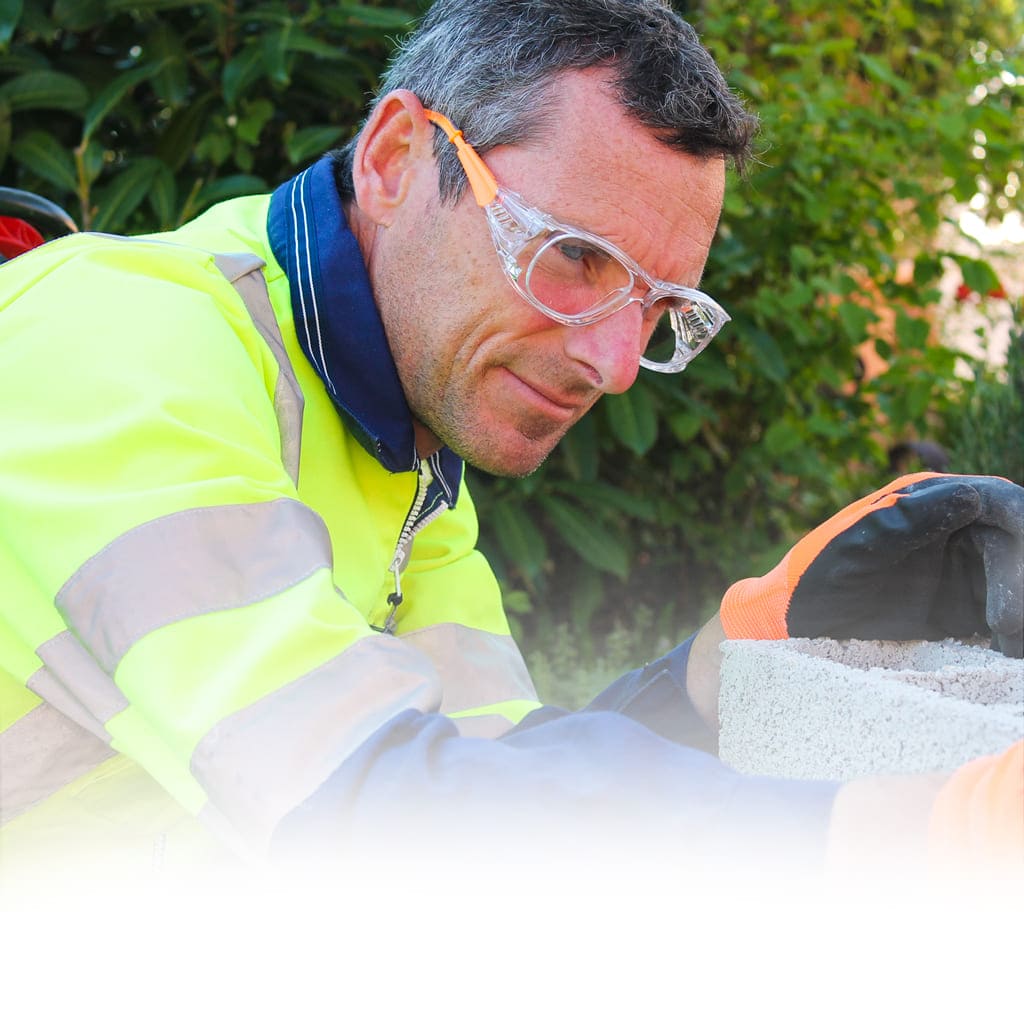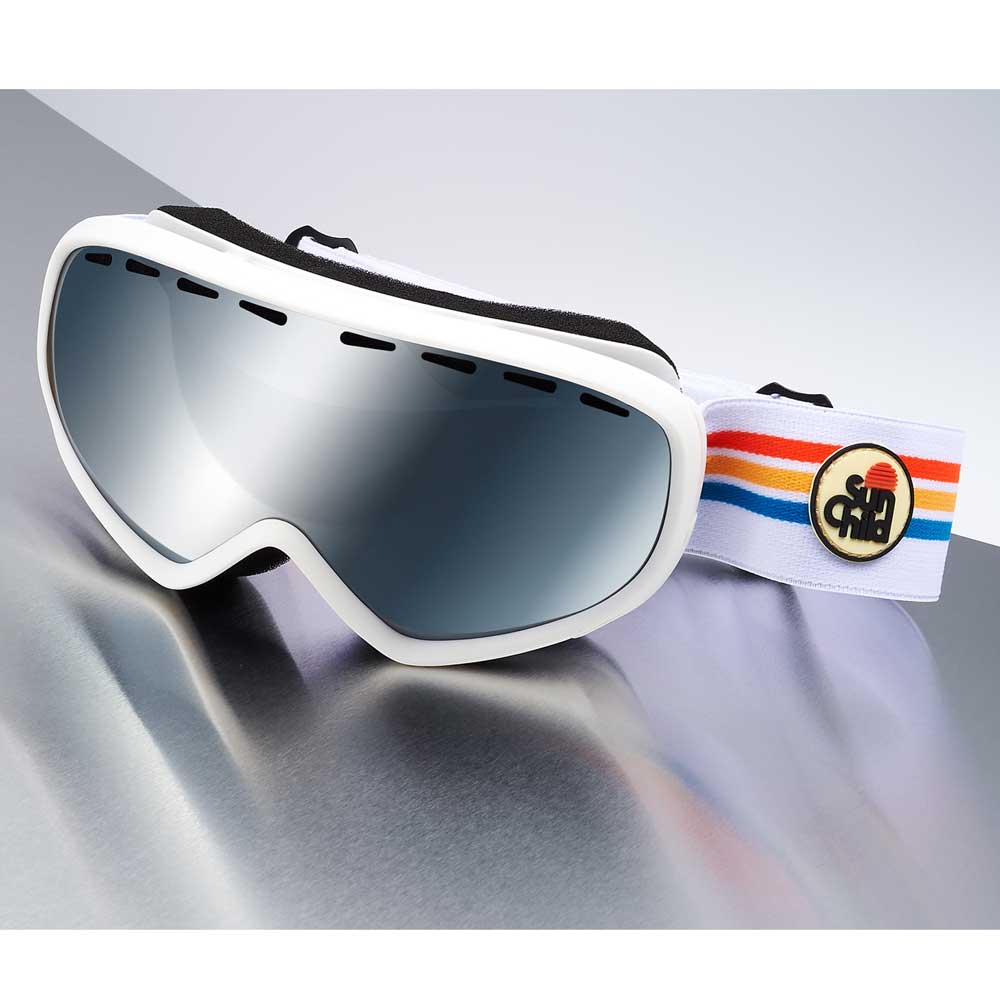The snow is here and many of you go on winter sports to enjoy the fresh mountain air. In our suitcases we put warm clothes, ski equipment, sunscreen and often we forget that it is also very important to protect our eyes .
- Optimal eye protection:
We must protect our eyes from wind, snow, ice, etc. but above all from the radiation of the sun , which, in the mountains, has greater harmful effects due to the altitude . As the altitude increases, the atmosphere attenuates the sun's rays less. Consequently, the higher we are, the more dangerous the sun is. Just by rising 300 meters above sea level, we already increase the risk of solar radiation by 5%.
We must also take into account that if we are in an environment with snow there will be a mirror effect, reflecting up to 80% of the sunlight and returning it to our eyes: this is reverberation.

If we do not use a mask suitable for the mountains, our eyes can suffer from dryness due to the wind, ulcers, solar keratitis, photophobia problems, conjunctivitis, and also problems with cataracts, long-term macular degeneration. term.
- Choosing the right sun protection:
When choosing sun protection for the high mountains, we must take into account various elements for suitable lenses:
• They must be category 3 or 4 filters.
• They must filter 100% of ultraviolet rays.
• They can be polarized to protect us from annoying reflections, reverberation depending on the activity we practice.
• They must be comfortable and adapt perfectly to the face like ski goggles .
• The glasses must be unbreakable; choose organic lenses, secure mineral lenses (or tempered lenses like Vuarnet sunglasses ) or polycarbonate lenses.

For myopes, astigmatism, farsightedness or presbyopes wishing corrective solar glasses, it is possible. And if you have any questions, need help, don't hesitate to ask for some advice!


